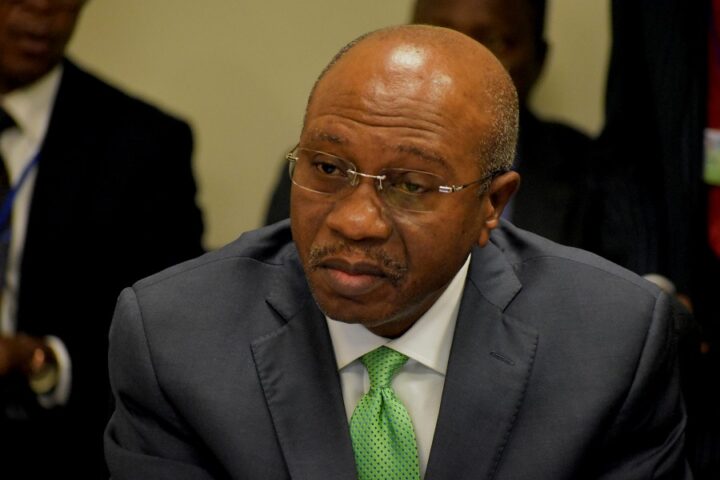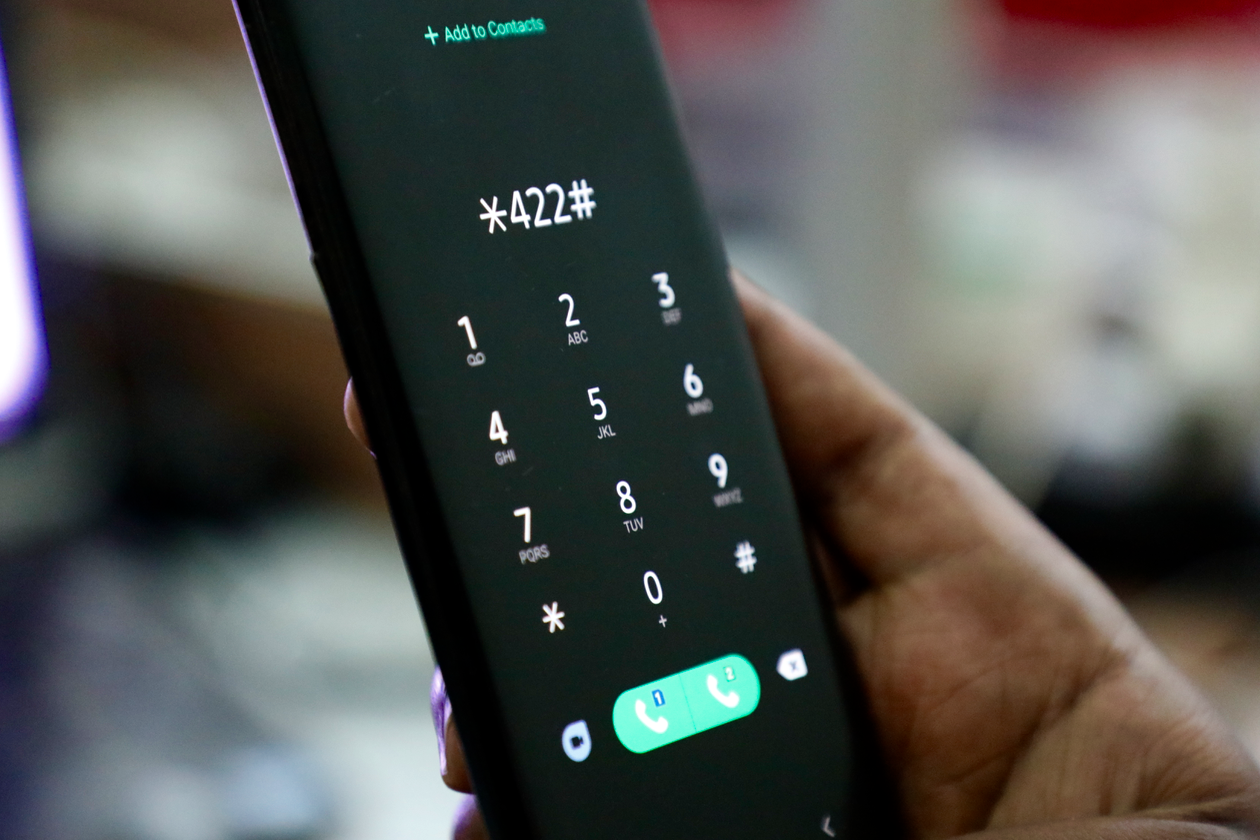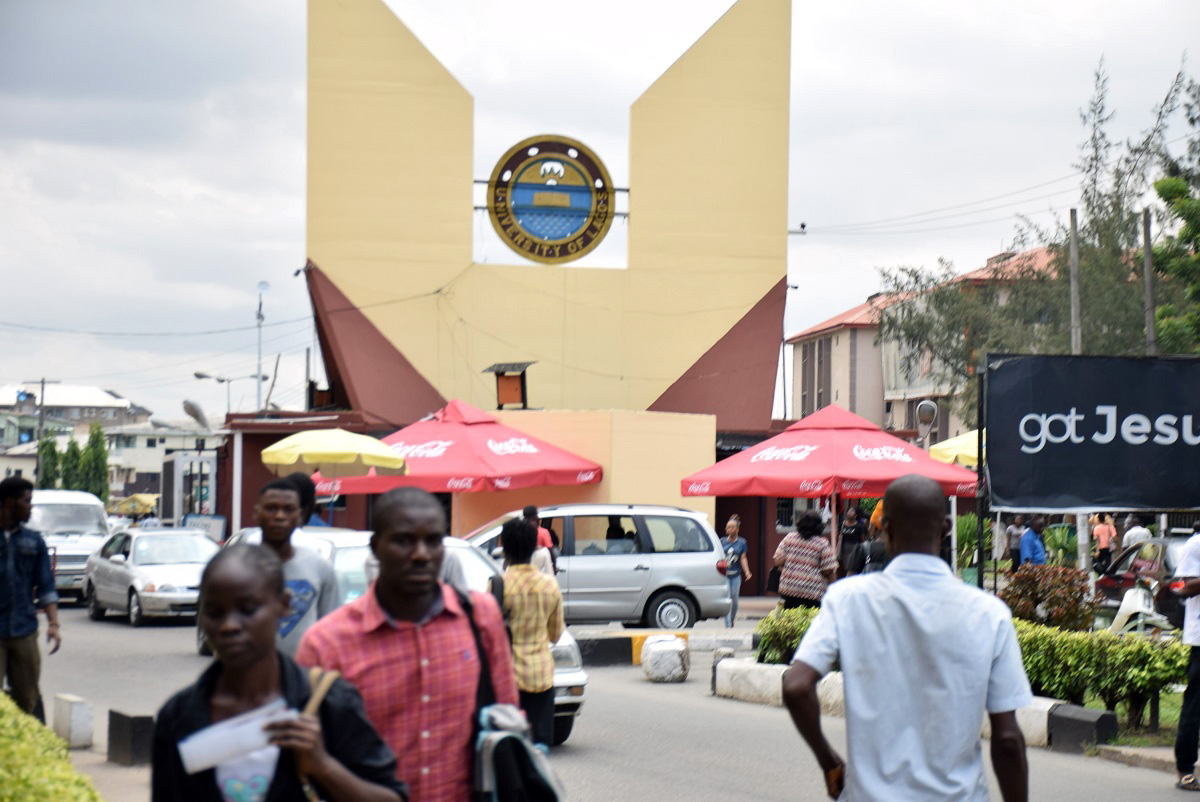The restrictions on cryptocurrency transactions and the outright ban of Twitter in Nigeria have crippled foreign direct investment in the financial technology sector, according to a new report.
The report titled ‘Africa’s Urbanisation Dynamics 2022: The Economic Power of Africa’s Cities’ was published under the responsibility of the secretary-general of the organisation for economic cooperation and development and the secretary-general of the United Nations, with support from the African Development Bank (AfDB).
The report said the ban affected millions of young Nigerians who earn a living from the sector as well as tax revenue for the government.
It added that the jobs in the technology sector give more room for young people to tap into the global economy.
Advertisement
“Jobs in the tech sector range from creating apps, trading digital currencies, operating in social media marketplaces, to freelancing and gig work. By doing this, many young people are able to plug into the global economy and make enough to get by,” the report reads.
“However, this involves the expense of data and devices and can be frustrating when arbitrary government policies are enacted.
“The restrictions on cryptocurrency transactions and the outright ban of Twitter in Nigeria have crippled foreign direct investment in the fin‑tech industry and negatively impacted millions of young Nigerians who earn a living from the sector. Many have found a way, however, to lawfully bypass these restrictions and continue the business, effectively denying Nigeria the taxes and transaction fees that would otherwise come into the system.”
Advertisement
In 2021, the Central Bank of Nigeria (CBN) directed banks to close accounts of persons or entities involved in cryptocurrency transactions within the banking sector.
In the same year, the federal government suspended the operations of Twitter in the country.
The 222-day ban caused the country an economic loss of about $26.1billion, according to the Lagos Chamber of Commerce and Industry (LCCI).
Advertisement
Add a comment






